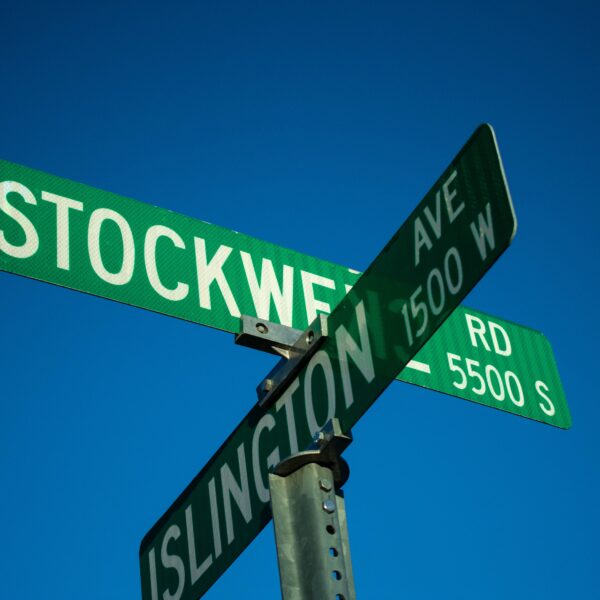Brands have always had an impact on culture. But, in the digital age, they also strongly influence culture. As more of our lives are digitized, brands have become as integral to our identities as our clothes. Pop culture has also become intertwined with brands. Brands are now influencing pop culture and being affected by it and from it. The following significant impacts that pop culture has on brands are listed below.
Pop Culture as a Source for Brand Identity
Pop culture has always been an essential source of inspiration for brands. But, in the digital age, pop culture is so pervasive that it’s become more than just a source of inspiration. Brands now use pop culture to help create their identity and connect with consumers.
For example, Nike creates ads rooted in current events to make their brand relevant to consumers and stay on top of trends. In addition, they often choose celebrities as spokespeople to help them convey a message or promote an idea. They understand that people love talking about celebrities-and some stars have been known to be more relatable than others-so they use them in their marketing campaigns to make themselves more popular among consumers.
Pop Culture as a Source for Innovation
Pop culture has always been a source of inspiration for brands, but it has also become a reference point in the digital age. Brands often cite pop culture as a source of inspiration. For example, Demna Gvasalia is the creative director at Balenciaga, and he credits his success to Ryan Gosling’s Drive character. In addition to being a source of inspiration, pop culture also becomes a reference point. Linda Wells, the editor-in-chief of Allure magazine, said that glossies are “the new fashion bibles” and referenced Rihanna as one example. A quick scroll through your social media feeds or your TV channels will reveal how many times brands use pop culture as an idea or reference point for their campaigns.
Pop Culture as a Tool for Brand Awareness
Pop culture and brands go hand-in-hand. Popular culture is the spotlight for brands in a way that it has never been before. Brands have always impacted pop culture, but now they are also being influenced by it and from it. Whether it’s through social media or other various marketing channels, brands have the opportunity to reach a much wider audience than they ever have before.
For example, take Coca-Cola. The company was born as a soda fountain drink in the 20th century. But, after becoming popular as a soft drink in Japan in the 1950s, it went global by exporting its products to other countries. Today, Coca-Cola is available in more than 200 countries around the world, and their most recognizable icon is Santa Claus, dressed in Coke reds and whites. Similarly, Starbucks has become synonymous with coffee to such an extent that many people use this brand exclusively when talking about coffee or tea products even though many competitors offer similar products (Starbucks is not involved with coffee beans).
In addition to providing access to new markets worldwide, successful branding can help establish better customer loyalty. Your brand becomes associated with specific ideas or emotions that people associate with you. People will want your product because they know what your brand stands for, even if you’re not actively marketing your product every single day.
Pop Culture as an Opportunity to Reinforce Core Values
The pop culture influences on brands are so vast it’s hard to know where to begin. However, one of the most prominent impacts is that brands can use their relationship with pop culture as an opportunity to reinforce their core values.
An example of this: a company like Nike may turn to popular music to promote their products. They might do this by sponsoring a major music festival and then running ads during the event. This type of sponsorship is an effective way for brands to demonstrate how they align with specific values and ideals even when they’re not directly marketing their product or service.
Pop Culture as a Tool for Building Relationships
The relationship between brands and pop culture is symbiotic. Brands have always been a part of our world, but now that the digital age has arrived, they are a more integral part of our lifestyle. Pop culture can also be seen as a tool for building relationships with consumers. Brands are inescapable in today’s media landscape. There is no escaping them, so brands need to adapt to the new reality by recognizing the value of pop culture and leveraging it to their advantage. The best way for brands to use pop culture as a tool for building relationships with consumers is by being authentic and humanizing their brand. They should steer away from manufactured drama or contrived moments and instead focus on using pop culture to share their values with potential customers.
Increase in demand of collectibles
One of the significant impacts of pop culture on brands is the increase in the demand for pop culture collectibles. With a collectible, you can own something that ties into pop culture and can be treasured for years to come. Collectibles are also a great way to add personality to your space. If you have an old poster or figurine laying around, it may not be relevant to the person living there anymore. But, if it’s from a cult classic movie or tv show like Harry Potter or Star Wars, it’ll most likely be cherished by the new owner.
Conclusion
If your company is lucky, consumers will feel an emotional connection to your brand. That emotional connection is what separates the most successful brands from the rest. It isn’t enough to just be liked by consumers. You want them to love your brand, trust it and be loyal. It takes creativity, consistency, and a commitment to innovation. It takes the right mix of storytelling, design, and marketing. After all, pop culture is what consumers are passionate about. And when you know how to use pop culture, you know how to use the most significant source of inspiration in the world.
Image Credits: H.R. Kocher




Like this article? Share with your friends!